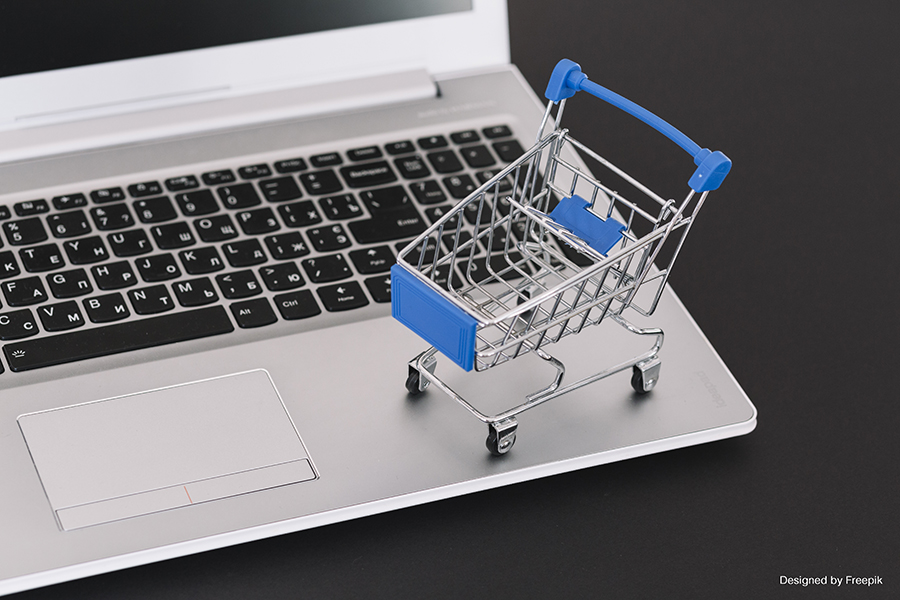
E-commerce photo
It is impossible for any retailer to survive without e-commerce capabilities, according to Walid Mansour, Managing Partner and Chief Investment Officer of Middle East Venture Partners, a VC firm that invests in the early stages of innovative companies across different verticals including retail.
“I don’t think when people say retail is dead it means that we are going to wake up one day to a virtual world where there are no addresses. But can you live without e-commerce capabilities? Not anymore. You can’t even attract traffic to your shop without a digital presence”, he said.
Due to the rapid growth of online retail, the Middle East region will also witness a rapid infrastructure capacity building, such as the $870 million Dubai Commercity, expected to be launched in January 2021 to support e-commerce retailers.
However, retailers here have been limiting their scope when it comes to ecommerce. Today e-commerce is a vast universe in itself with at least 7 sub-categories: D2C e-commerce, e-retail, pure player, live shopping, affiliate social commerce, group buying, and subscription based e-commerce.
While we do see players experimenting and delving into the first three forms of e-commerce, local retailers are still relying on global brands to lead the way when it comes to the more experimentative and creative forms of e-commerce like social commerce. Subscription based e-commerce stands on the concept of getting recurring revenue from customers, on products and services, at a chargeable fee. The amount of personalization that can be guaranteed with such a model and the number of loyal customers that can be generated is what makes this game-changing trend one to watch out for.
“Social commerce is a completely new way of shopping, which wasn’t even in the mainstream of strategies in the retail companies. I’ve been exposed to a lot of retailers who say they want to transform but aren’t doing it. They think about it as an additional channel to their main revenue line. Very few have been able to transform, either by acquiring companies or by reinventing digital brands from scratch”, said Mansour.
Gen Z is expected to account for nearly 1/4th of the GCC’s population so vendors need to understand the purchasing habits of Gen Z as well as Gen Alpha as both these groups will become a dominant population cohort by 2025 and beyond, making it vital for retailers to increase personalisation and build relationships with this vital population segment.
“Common mistake in the past is that incumbents have been applying regular retail mindsets into e-commerce. The acquisition cycle, offering, after-sales services are all fundamentally different. You can’t have the same mindset and expect different results. It is also the ability to transform retail and not just think about having digital experiences in retail. They need to put e-commerce in a separate position that is not corrupted by traditional thinking”, he added.
The most significant benefit of this e-commerce boom is data though. You can call it the new oil or the new soil but one thing is certain – It is going to be the most valuable asset for any retailer. “There’s a depth of data that comes out of e-commerce. E-commerce is not about a channel for offering goods against a delivery fee. It’s a data mindset of looking at your customers and selling to them using data points that you can’t have in a traditional retail environment”, he said.
What has also been noticed since Covid, is that there is an increased trust in the safety, speed, and convenience of contactless payments. According to the UAE e-commerce Landscape 2020 survey, 61% are now using cards or digital wallets more to make payments online instead of opting for cash on delivery. Post-COVID-19 outlook is that 43% will continue using contactless payments; 48% will opt for digital payments online over COD for future e-commerce purchases.
“If you don’t have online payments you don’t have e-commerce. It doesn’t just enable a payment infrastructure, but it also gives you a lot of data and that could enable a variety of services around it”, said Mansour.